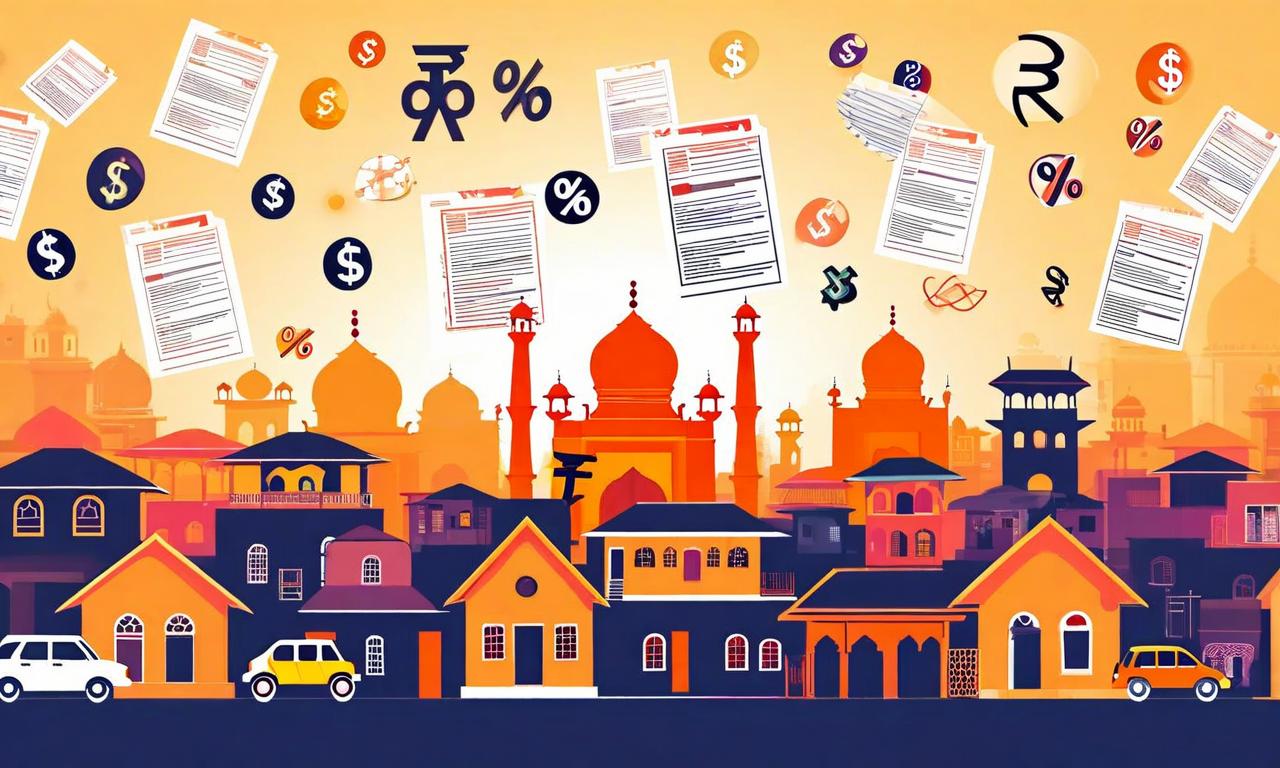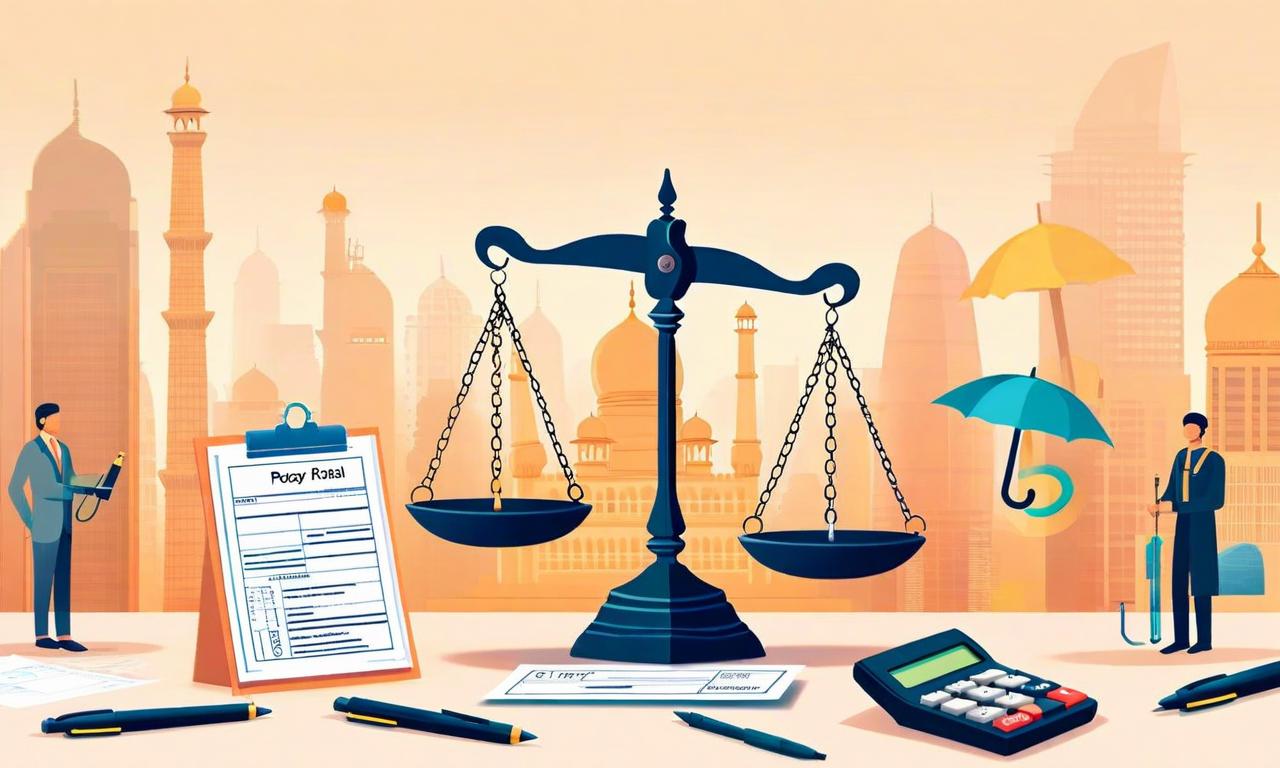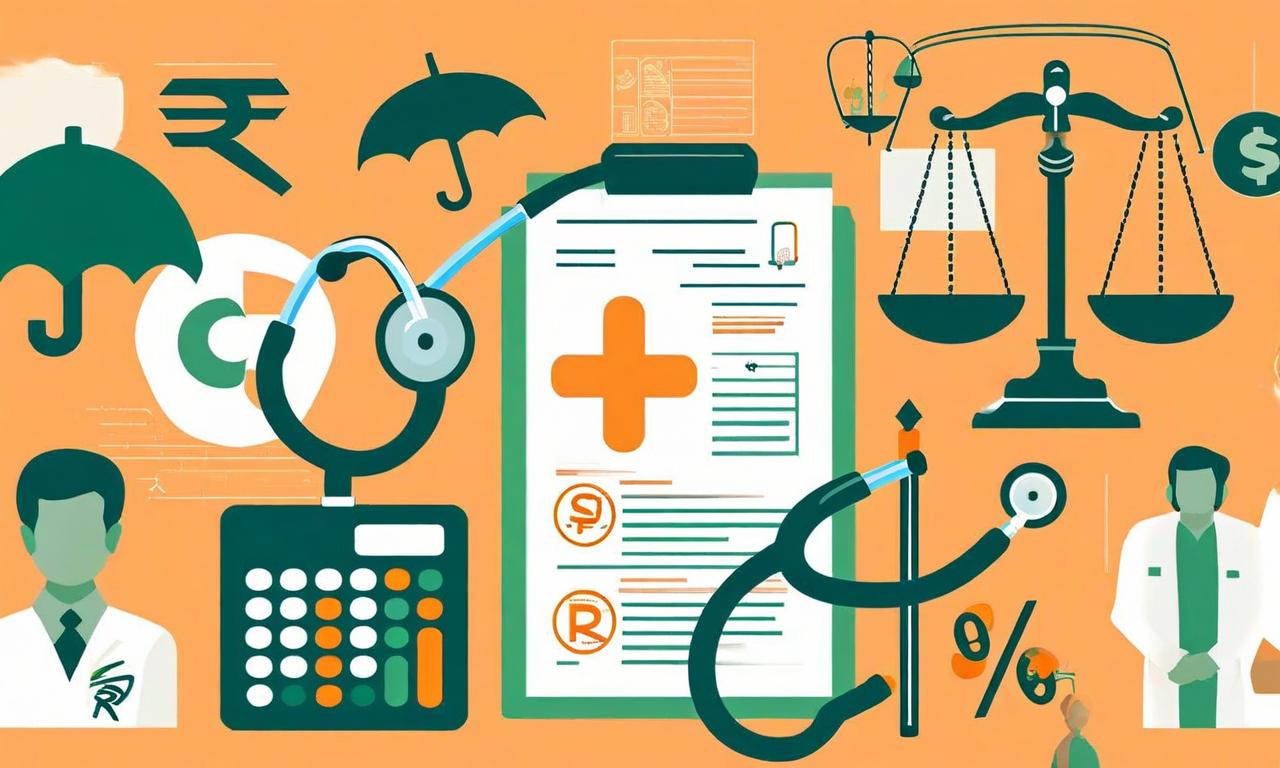Insurers Innovate with Performance-Linked Battery Coverage for EVs
The insurance sector is adapting to the electric vehicle (EV) market by developing specialized policies focused on battery-related risks. These new products cover battery performance issues and are designed in collaboration with automakers. Insurers are also addressing unique EV risks like urban flooding damage. Some companies are exploring 'battery-as-a-service' models to reduce upfront costs for consumers. This shift reflects the changing landscape of auto insurance as EVs become more prevalent.

*this image is generated using AI for illustrative purposes only.
The insurance industry is gearing up for the electric vehicle (EV) revolution with innovative products tailored specifically for this growing market. Insurers are developing new motor insurance policies that focus on battery-related risks, which constitute a significant portion of EV costs.
Battery Performance at the Core
Unlike traditional internal combustion engine vehicles where claims primarily involve accidents, the new insurance products for EVs center around battery performance. These policies are designed to activate when batteries underperform within their guaranteed lifespan.
Amit Ganorkar, CEO of Tata AIG General Insurance, explained the concept: "If a battery's state of health degrades beyond normal thresholds after significantly shorter use, it could trigger claims under these new policies."
Collaboration with Automakers
Insurance companies are not working in isolation. They are collaborating closely with automakers to design specialized coverage options, including:
- Residual charging protection
- Performance guarantees
This partnership aims to address the unique needs of EV owners and the specific risks associated with electric vehicle technology.
Adapting to New Scenarios
The insurance industry is also adapting to new risk scenarios unique to EVs. For instance, urban flooding presents a particular challenge for hybrid and electric vehicles. In such cases, complete battery replacement may be necessary after submersion, a situation that traditional auto insurance policies may not adequately cover.
Global Inspiration and Local Innovation
While some insurance companies have already launched EV-focused products, others are studying global models, particularly from Asian markets, to inform their offerings. This approach allows insurers to learn from more mature EV markets and adapt successful strategies to local conditions.
Battery-as-a-Service Model
In an effort to reduce upfront costs for consumers, insurers are exploring the 'battery-as-a-service' model. This innovative approach could potentially reshape how EV owners think about their vehicle's most expensive component.
Shifting Focus in Auto Insurance
As the automotive landscape evolves, so too does the insurance industry. Battery-related insurance products are expected to become more prominent compared to traditional vehicle coverage, reflecting the changing nature of vehicle ownership and the specific needs of EV users.
The insurance industry's proactive approach to developing EV-specific products demonstrates its commitment to innovation and adaptability in the face of technological change. As electric vehicles become more prevalent, these specialized insurance offerings will play a crucial role in providing peace of mind to EV owners and supporting the broader transition to sustainable transportation.
































